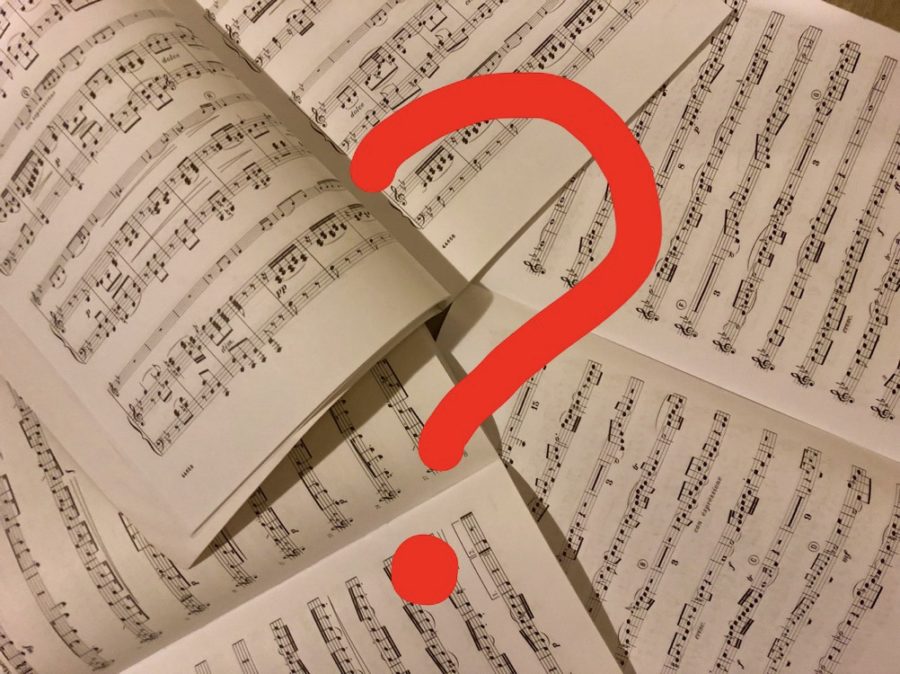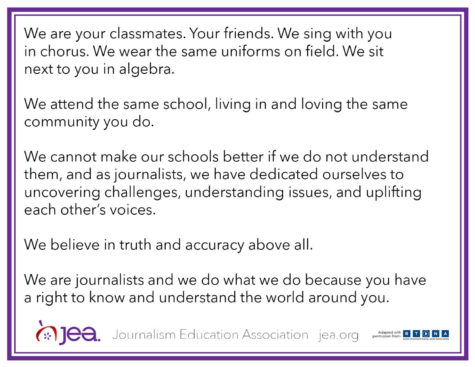Modern Mocked Music
January 16, 2018
“Rockstar, Rockstar, feel just like a rock, Rockstar, Star, Rockstar, Feel just like a.” That’s the current the number one song in America. It switches back and forth between two notes for the entire song without any sort of inflection. Music is something that will always be changing, trying to gain popularity with the time period it’s in. Each generation of people becomes accustomed to the new type of rhythms, sounds, and lyrics. It’s a common reaction for those who normally listened to Diana Ross and Michael Jackson to reject the something like screaming, heavy metal, guitar screeching stuff. Well, at least Metallica used actual instruments and words in their songs. I’m really not even sure if what’s popular now can be called music. How did poetic verses about the paths of life, resilience, falling in love, and belonging evolve into into muttering the same word over and over again?
There is a very small amount of pop, hip hop, or rap music that doesn’t just use buttons to create a max of about five different sounds throughout the entire song. Now, it’s odd to listen to singing that doesn’t sound like a seven year old messing with a voice changing app. Alvin and the Chipmunks was accurately ten years ahead of its time. Previously, music was something that was always trying to be crafted to the best of its level, creating the genres that define the time period or area. Generations before can say that they were part of the classical, romance, blues, or even swing music revolutions, but I’m proud to say that I get to be a part of the ‘what the heck was that,’ music innovation.
Of course different individuals don’t all like the same kind of music. Different genres of music light up different parts of the brain, and since everybody’s minds works in separate and distinct ways, various styles in music make different people happy. Pop music is so popular because it’s simple and easy to understand. The hooks are usually catchy and familiar, with common harmonizing notes that are pleasing to the brain. When you hear somebody say that listening to classical music makes you smarter, that’s not exactly the case. Listening to classical music just lights up the most parts of your brain, opening passageways making it easier to remember something or think faster. On the next level, playing an instrument while sight reading sheet music uses more of the brain than any other subject. However, especially in the United States, most people who aren’t in the profession itself don’t really have the time or want to sit down for twenty minutes to play and analyze music. This is why popular music is becoming more simple, and less wordy. It motivates and creates a positive atmosphere for the listener that doesn’t require much thought. The inspired and stress-free feeling you get from listening to music is intended, making people want to listen to it more, similar to how chemicals are put into a bag of potato chips which makes them hard to stop eating. This makes the band, artist or sound-button-pushers more money.
To conclude, I don’t really consider what’s listened to today as true music. Music is an art form, created with separate tones, rhythms, dynamics, and harmonies. Now, it has become a scientific solution that’s easy for our technology reliant brains to understand, for the primary purpose of the creator’s fame and fortune.






